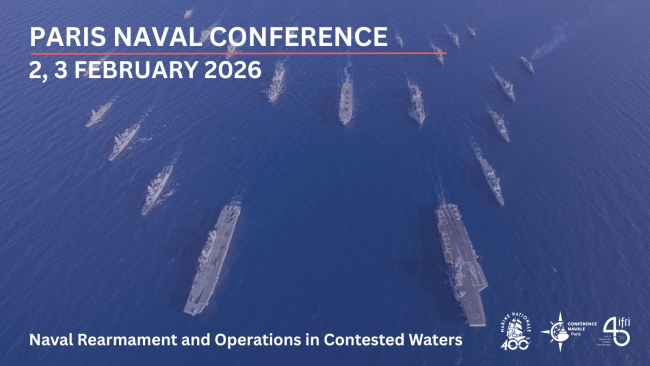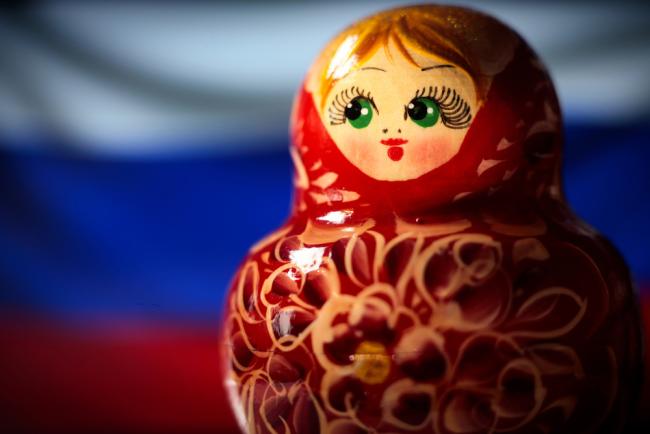
Practical information
A "Les Jeudis de l'Ifri" videoconférence around Tatiana KASTOUEVA-JEAN, Director of Ifri's Russia-NIS Center.

Vladimir Putin’s speech to the Federal Assembly on April 21 was meant to be peaceful: devoted primarily to domestic economic and social issues, it ignored the fate of opponent Alexey Navalny and Ukraine. While we are in a moment of "de-escalation", probably due both to the electoral context (parliamentary elections in September) and to the expectation of the bilateral summit with US President Joe Biden, the underlying trends remain unchanged. Internationally, Russia has shown that it remains the master of the clocks to raise or calm tensions and obtain diplomatic dividends. Domestically, the authoritarian line is hardening and the elimination of the last areas of freedom continues.
Chair : Thomas Gomart, director of Ifri.
This debate is for corporate members only. It will be conducted in French.
Speakers
Find out more
Russia’s Niche Soft Power: Sources, Targets and Channels of Influence
This paper argues that Russia’s soft power should be understood as a niche soft power, microtargeting some specific audiences based on four particularisms:
The Outsider: Russia in the Race for Artificial Intelligence
When analyzing the global state of play around artificial intelligence (AI), Russia so far looks like an “outsider” compared to the two technological leaders, the United States and China.
One Year of Zelensky’s Presidency: One Step Forward, One Step Back
The election of Volodymyr Zelensky as president of Ukraine created very high expectations in the society.
Related Subjects
Other events

Paris Naval Conference 2026: Naval Rearmament and Operations in Contested Waters
This fourth edition of the Paris Naval Conference (CNP), bringing together high-level military, industrial, and academic speakers, will address the challenges associated with general naval rearmament and naval operations in increasingly contested environments.








